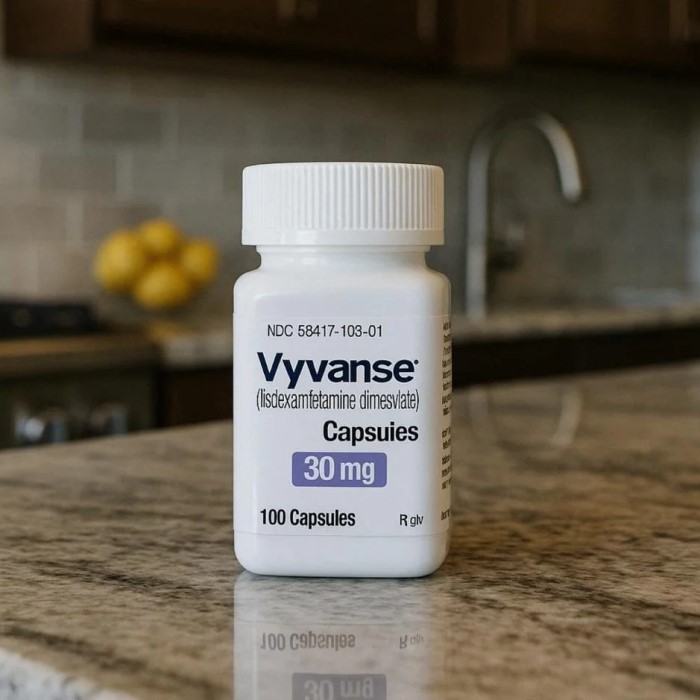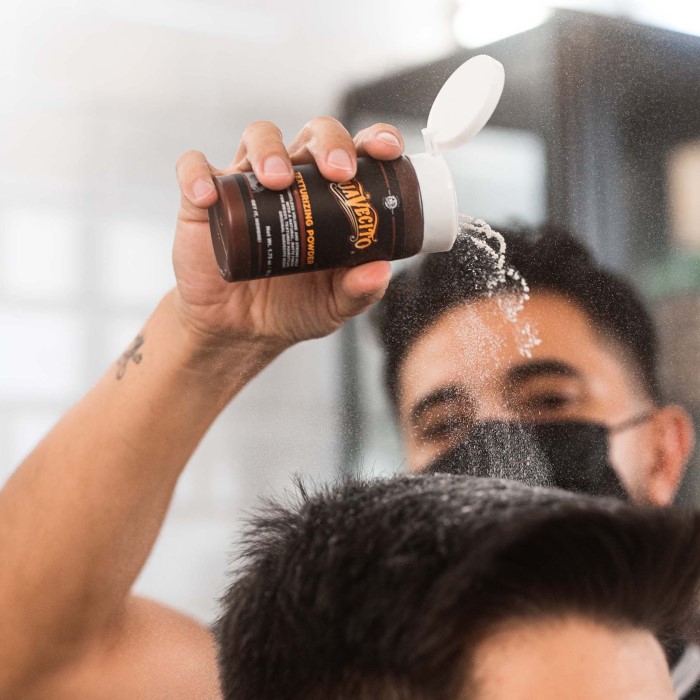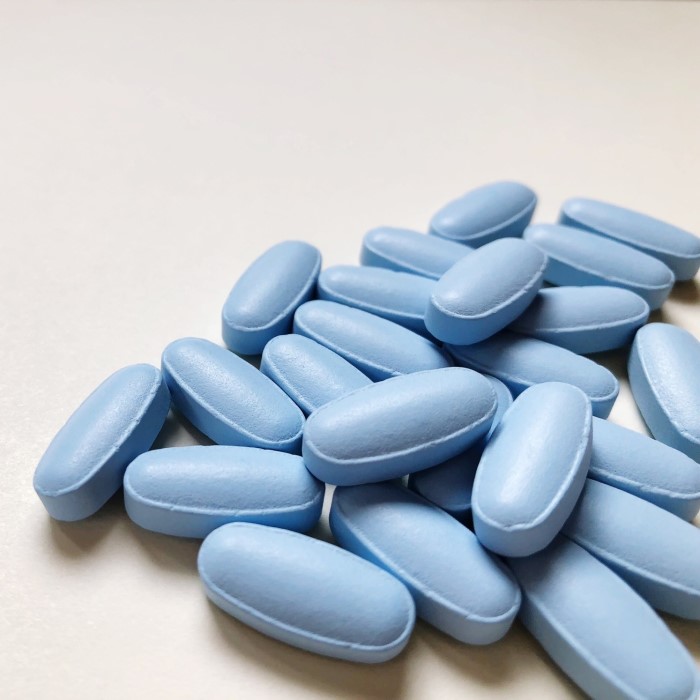
Does Vyvanse Cause Hair Loss? Experts Weigh In for 2025
Introduction: Understanding Vyvanse and Its Effects
Vyvanse, a well-known prescription medication used primarily to treat attention-deficit/hyperactivity disorder (ADHD), has gained popularity for its effectiveness in enhancing focus, attention, and productivity. However, as with any medication, it comes with potential side effects that can concern patients and their families. One common question that arises among users and caregivers alike is: Does Vyvanse cause hair loss? This article dives deep into this pressing concern, exploring scientific research, expert opinions, and personal testimonies to provide a comprehensive understanding of the relationship between Vyvanse use and hair loss.

What is Vyvanse?
To fully understand the potential side effects of Vyvanse, it is essential first to review what this medication is and its intended uses and mechanisms.
1. Chemical Composition
- Active Ingredient: Vyvanse, or lisdexamfetamine dimesylate, is a central nervous system stimulant that primarily affects neurotransmitters in the brain. It is recognized for its ability to alter the concentration of norepinephrine and dopamine, two key chemicals associated with attention and mood regulation.
- Prodrug Mechanism: Unlike immediate-release stimulants, Vyvanse is classified as a prodrug, meaning it is inactive until converted into its active form in the body. This unique formulation allows for smoother absorption and longer-lasting effects, reducing the potential for peak-and-valley side effects common with faster-acting medications.
2. Indications for Use
- Treatment of ADHD: Vyvanse is primarily prescribed for managing ADHD in children and adults. Studies have shown that patients taking Vyvanse experience improved focus, decreased impulsivity, and better overall functioning in daily activities.
- Binge Eating Disorder: More recently, Vyvanse has also been approved for treating moderate to severe binge eating disorder in adults, further expanding its therapeutic applications.
3. Common Side Effects
- Side Effect Profile: As with any medication, Vyvanse has a range of potential side effects. Commonly reported side effects include insomnia, decreased appetite, dry mouth, increased heart rate, and elevated blood pressure. Understanding these side effects is essential for patients and healthcare providers as they work together to manage treatment effectively.
The Debate on Vyvanse and Hair Loss
Does vyvanse cause hair loss? The conversation surrounding Vyvanse and hair loss is complex, with anecdotal reports and limited research contributing to the debate. Here’s what we can examine:
1. Anecdotal Evidence and User Experiences
- Personal Accounts: Many individuals using Vyvanse have taken to online forums and social media platforms to discuss their experiences. Numerous users report noticing hair thinning or loss after starting the medication, leading to concern and confusion regarding the medication’s safety.
- Variability in Experiences: It is essential to recognize that responses to medication are highly individualized. While some report adverse effects like hair loss, others may not experience this issue at all. This variability complicates the ability to draw broad conclusions regarding the risk of hair loss associated with Vyvanse.
2. Lack of Robust Scientific Evidence
Limited Research
- Lack of Comprehensive Studies: At present, there is a notable scarcity of scientific studies that explicitly connect Vyvanse to hair loss. Researchers have not extensively investigated this specific side effect in clinical settings.
- Reliance on Patient Reports: Most of the available evidence regarding hair loss linked to Vyvanse comes from anecdotal reports by patients rather than from rigorous clinical trials. These personal accounts can provide insights but lack the scientific validation needed to establish a definitive connection.
- Need for Focused Research: The deficiency of focused clinical studies on Vyvanse and hair loss represents a gap in current medical knowledge. Conducting more in-depth research could help clarify whether there truly is a causal relationship and better inform both healthcare providers and patients.
- Encouraging Future Investigations: To advance understanding, researchers should prioritize investigations into the side effects of Vyvanse. Collecting and analyzing data from a diverse group of patients may help develop a clearer picture of how the medication impacts hair health.
Consideration of Other Factors
- Experts’ Insights: Health professionals emphasize the necessity of looking beyond medication when considering hair loss. They point out that multiple factors may contribute to this issue, indicating that hair loss may not be solely attributable to Vyvanse.
- Impact of Stress: Emotional and physical stress can significantly affect hair health. Stress often triggers various biological responses, which may push hair follicles into the resting phase, leading to increased shedding. Individuals experiencing high levels of stress may notice changes in their hair, unrelated to any medication.
- Hormonal Fluctuations: Changes in hormone levels can also influence hair growth. Factors like menstrual cycles, pregnancy, menopause, or even stress-related hormone changes can lead to hair thinning or loss.
- Underlying Health Conditions: Certain medical conditions, such as thyroid disorders or autoimmune diseases, can cause hair loss. It is essential for individuals experiencing hair thinning to discuss their health history with their healthcare provider to rule out these potential issues.
- Diet and Nutrition: Poor nutrition can adversely affect hair health. A diet lacking essential vitamins and minerals can lead to deficiencies that contribute to thinning hair. For optimal hair health, individuals should incorporate a well-balanced diet rich in nutrients known to promote hair growth.
- Psychological Factors: Conditions such as anxiety and depression can independently affect one’s appearance, including hair health. Individuals struggling with mental health may experience hair loss due to the emotional toll these issues take on overall well-being.
Understanding Hair Loss Mechanisms
Does vyvanse cause hair loss? To better understand how Vyvanse might be related to hair loss, it’s important to look into biological mechanisms that influence hair health.
1. The Hair Growth Cycle
- Phases of Hair Growth: Hair grows in cycles consisting of three main phases: anagen (growth), catagen (transition), and telogen (resting). When stresses—whether physical or emotional—impact the body, they can prematurely push hair follicles into the telogen phase, resulting in increased hair shedding.
- Telogen Effluvium: This specific form of hair loss often manifests in response to significant stressors, including changes in health status, diet, or emotional well-being. If Vyvanse increases stress or exacerbates anxiety, it may trigger telogen effluvium for some individuals.
2. Hormonal Imbalance
- Hormonal Influences: Stimulant medications like Vyvanse can affect hormonal balances in the body. Hormones play a crucial role in regulating hair growth, and fluctuations may result in hair thinning for some individuals.
- Interplay with Other Medications: If patients are combining Vyvanse with other medications or treatments that influence hormones, it could exacerbate or lead to increased hair loss. Understanding one’s complete medication regimen is key to evaluating potential side effects.
Managing Vyvanse Side Effects
If patients notice hair thinning or loss while taking Vyvanse, several proactive measures can help mitigate potential side effects.
1. Open Communication with Healthcare Providers
- Discussing Concerns: Individuals experiencing hair loss should promptly discuss their concerns with their healthcare providers. By providing detailed accounts of their experiences, patients can facilitate a better evaluation of their situation.
- Medication Review: Healthcare providers can review the patient’s medication regimen and determine whether Vyvanse may be contributing to hair loss. They may also recommend adjustments, alternative medications, or complementary treatments.
2. Focus on Health and Nutrition
- Nutritional Support: A balanced diet rich in essential vitamins and minerals is vital for maintaining healthy hair. Nutrients such as vitamins D, E, zinc, and iron contribute to hair strength and growth. Incorporate foods such as leafy greens, nuts, eggs, and lean proteins for overall benefits.
- Hydration Matters: Staying hydrated is equally important. Drinking an adequate amount of water helps maintain scalp moisture and supports healthy hair growth.
3. Stress Reduction Techniques
- Implementing Relaxation Practices: Engaging in stress-reduction activities such as yoga, meditation, or deep-breathing exercises can help alleviate anxiety. Lowering stress levels may reduce the likelihood of hair loss and promote overall well-being.
- Therapeutic Approaches: Cognitive behavioral therapy (CBT) or counseling may be beneficial for individuals struggling with mental health issues. These approaches address underlying stressors and improve emotional resilience.
Frequently Asked Questions (FAQs)
What is the dark side of Vyvanse?
While Vyvanse effectively manages ADHD, it can also lead to various side effects, including decreased appetite, insomnia, increased heart rate, and potential hair loss. Additionally, the medication carries a risk of dependence due to its classification as a stimulant.
Does Vyvanse age you?
Some users report feeling older or experiencing more fatigue due to the side effects of Vyvanse. However, there is no definitive evidence indicating that Vyvanse inherently causes physical aging.
What ADHD medication does not make your hair fall out?
Atomoxetine (Strattera) is a non-stimulant medication for ADHD that may have a lower risk of causing hair loss. Discussing options with a healthcare provider can help identify alternative treatments with fewer side effects.
What is the zombie effect on Vyvanse?
The “zombie effect” refers to a feeling of emotional numbness or detachment some users experience while taking Vyvanse or other stimulant medications. This effect can occur due to overstimulation or an inappropriate dosage, leading to reduced emotional responsiveness.
Conclusion: Making Informed Choices
In conclusion, the question “does Vyvanse cause hair loss?” remains a crucial topic of discussion for individuals considering or currently using this medication. While some users report experiencing hair loss, scientific research directly linking Vyvanse to this side effect is limited.
Patients should engage in open dialogue with their healthcare providers to assess their experiences and explore alternative options if necessary. By prioritizing a balanced lifestyle, incorporating stress-reduction techniques, and maintaining a healthy diet, individuals can support their hair health while managing ADHD symptoms effectively. As we move into 2025, understanding the impacts of medications like Vyvanse will be essential in making informed health decisions that promote both mental and physical well-being.




